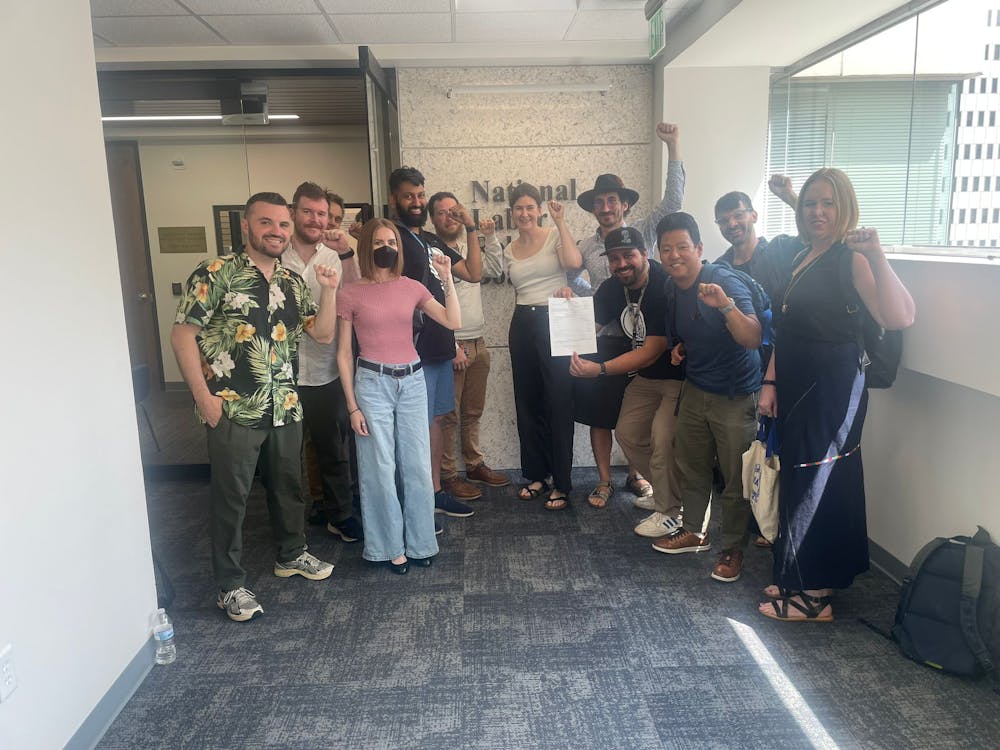Nobel Prize-winning novelist Gabriel García Márquez died in Mexico City on April 18 after being admitted to a Mexican hospital on April 3 for pneumonia. He was 87.
The famed author, affectionately nicknamed “Gabo” by his fans, not only popularized Spanish-language novels, but also introduced readers to magical realism, a literary mode in which magical events routinely occur within an otherwise realistic story.
Born March 6, 1927 in the coastal town of Aractaca, Colombia, Márquez was raised by his grandparents and grew up listening to family stories. He began his writing career in journalism but later wrote stories that mixed both fact and his vivid imagination.
Considered by literary critics to be the most influential Latin American writer since Miguel de Cervantes, author of Don Quixote, Márquez’s famous works include One Hundred Years of Solitude, The Autumn of the Patriarch and Love in the Time of Cholera.
Published in 1967, Márquez’s break-out novel, One Hundred Years of Solitude, sold over 30 million copies and lead to his Nobel Prize for literature in 1982. The narrative chronicles several generations of the Buendía family through their various successes and struggles.
One Hundred years of Solitude, as well as many of Márquez’s novels, takes place in the fictional village of Macondo, a setting Márquez used repeatedly in his work to represent his view of Latin American cities.
“Macondo oozes, reeks and burns even when it is most tantalizing and entertaining. It is a place flooded with lies and liars and yet it spills over with reality,” Robert Kiely, an English professor at Harvard University, wrote in his 1970 New York Times book review of One Hundred Years of Solitude.
Márquez also maintained strong political activism in Latin America. He titled his Nobel Prize acceptance speech “The Solitude of Latin America.” He described the unyielding inspiration his native land provided him.
“[It is a] source of insatiable creativity, full of sorrow, of which this roving and nostalgic Colombian is but one cipher more, singled out by fortune. Poets and beggars, musicians and prophets, warriors and scoundrels, all creatures of that unbridled reality, we have had to ask but little of imagination, for our crucial problem has been a lack of conventional means to render our lives believable,” Márquez said.
During a memorial service held in Mexico City’s Palace of Fine Arts, Juan Manuel Santos, president of Márquez’s native Colombia, and Enrique Peña Nieto, president of Mexico, where Márquez lived for over three decades, both eulogized the writer.
Yellow being Márquez’s favorite color, the venue was covered in yellow roses. Immediately after the ceremony, thousands of yellow paper butterflies were thrown into the air as a tribute to the author’s One Hundred Years of Solitude.
Colombia further memorialized their beloved Gabo as President Santos declared three days of national mourning and ordered flags to be lowered to half-mast across the country. On Wednesday, the country also held a marathon reading of his novella “No One Writes to the Colonel.”
Cristobal Pera, editorial director of Penguin Random House Mexico, told The Associated Press that Márquez left behind an unpublished manuscript titled “We Shall See Each Other in August.”
An excerpt of this work was released in the Spanish newspaper La Vanguardia and features descriptions of tropical life as a middle-aged woman has an affair while on her annual trip to place flowers on her mother’s grave.
According to Pera, the author’s family has not yet decided whether or not to publish the work. Márquez is survived by his wife, Mercedes Barcha, and two sons, Rodrigo and Gonzalo.




